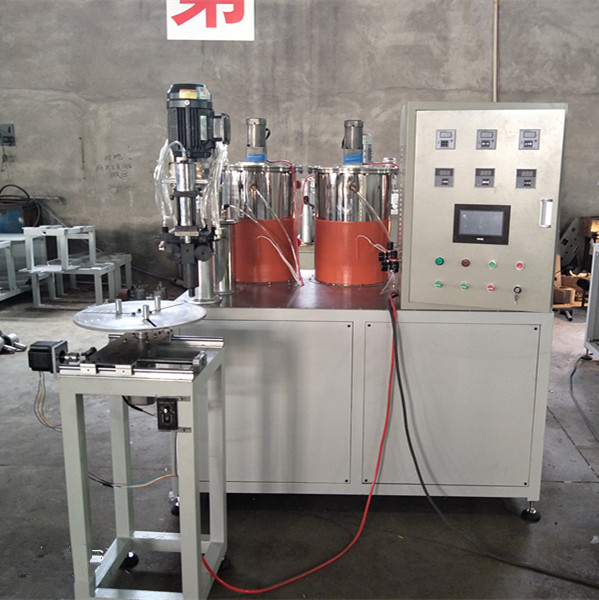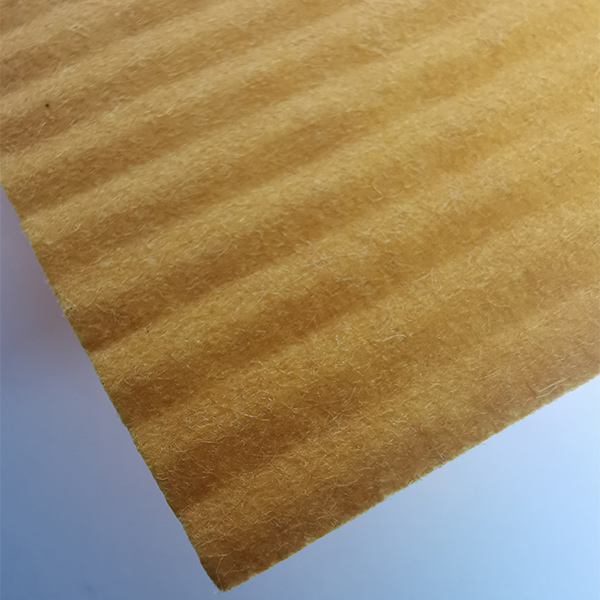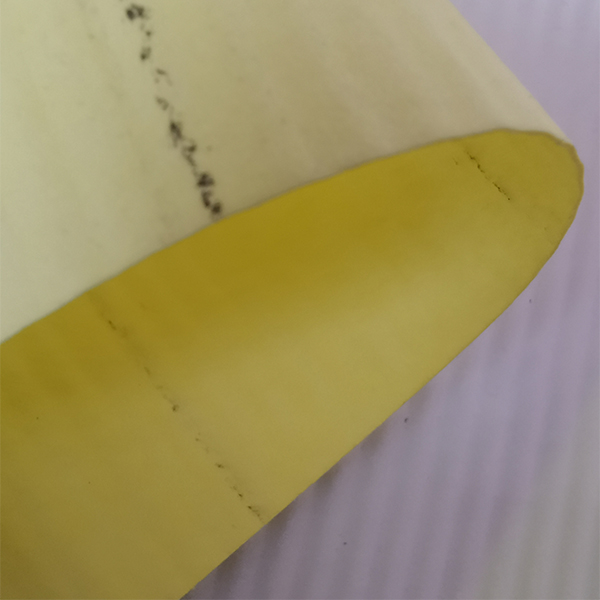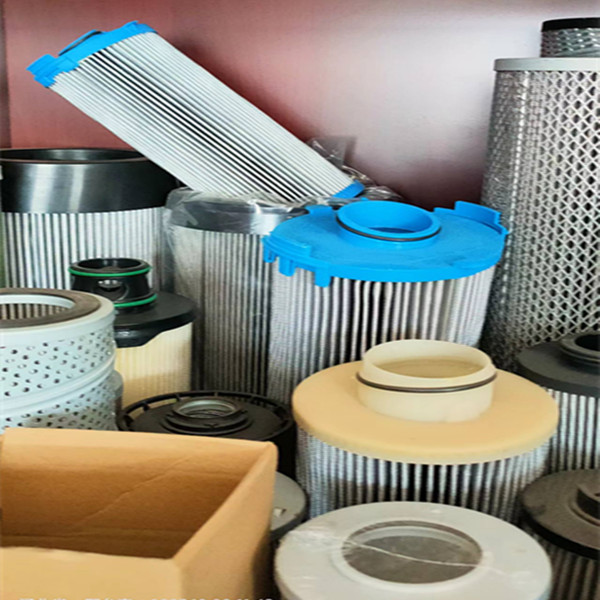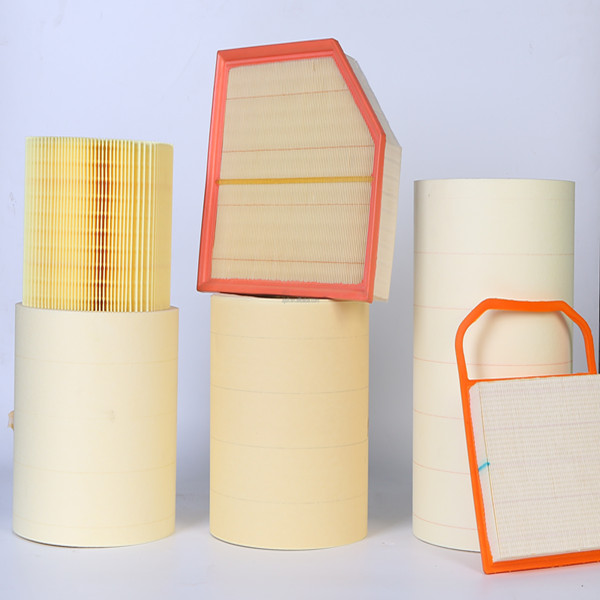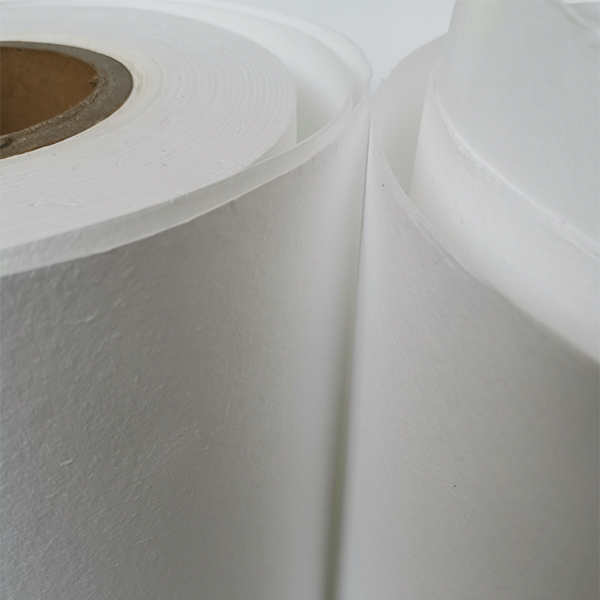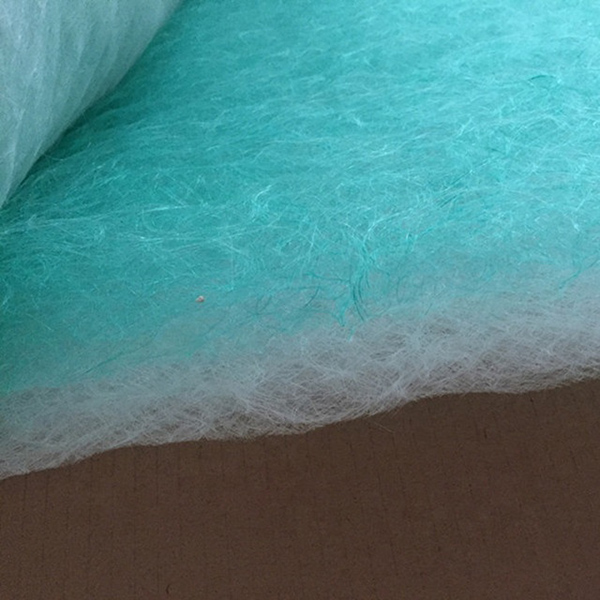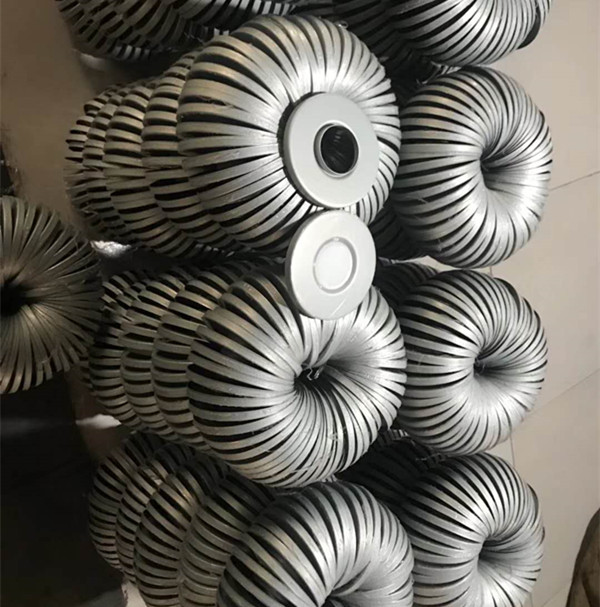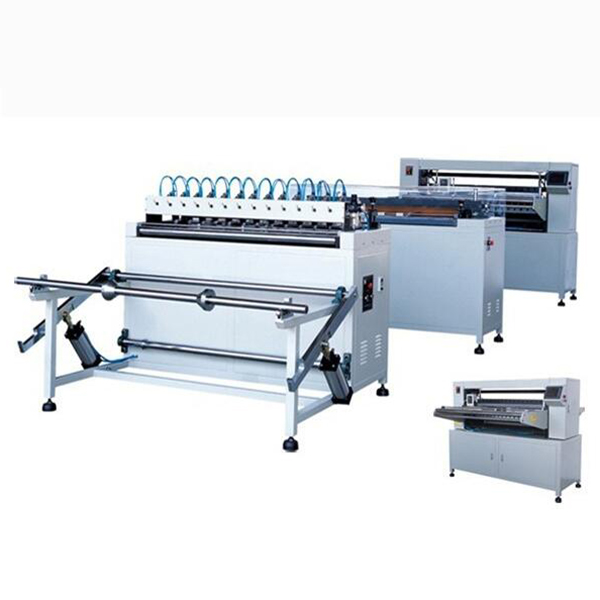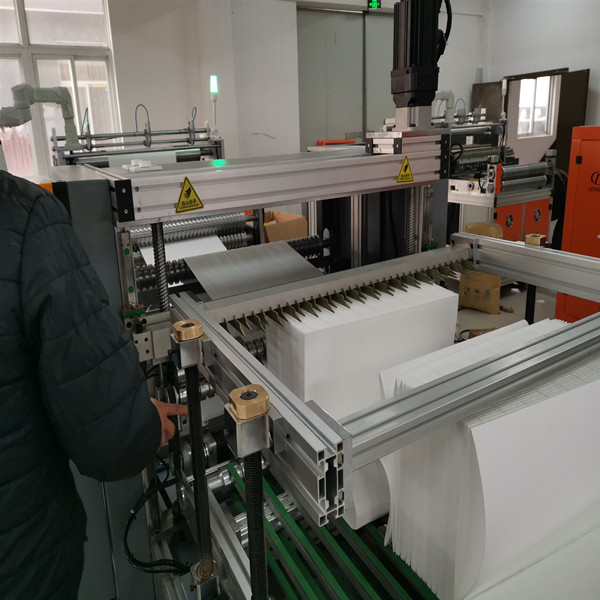The Essential Role of Stainless Steel Wire Mesh Filters in Modern Industry
At first glance, a stainless steel wire mesh filter might seem like an unassuming piece of industrial equipment — just a bit of woven metal, right? But dive a little deeper, and you’ll find it’s quietly underpinning critical processes worldwide, from clean water supply to pharmaceutical manufacturing and beyond. The global need for efficient filtration systems has only grown as industries demand more precision, durability, and sustainability. Understanding stainless steel wire mesh filters is not only fascinating but essential to grasping how modern infrastructure, environmental safeguards, and humanitarian aid function.
Why Stainless Steel Wire Mesh Filters Matter Globally
The world is processing more materials, chemicals, and fluids than ever before. According to UN data, water contamination affects over 2 billion people worldwide (UN-Water, 2021), underscoring the dire need for reliable filtration technologies. The stainless steel wire mesh filter is central here — offering a corrosion-resistant, reusable, and highly customizable solution to separate impurities and protect equipment and health. The World Bank estimates billions of dollars are lost yearly due to industrial downtime caused by clogged filtration or poor material quality. By improving filtration, these mesh filters drive efficiency and reduce waste. So, whether you’re in a bustling city or a remote industrial zone, their impact is quietly everywhere.
Mini takeaway: Stainless steel wire mesh filters address global challenges in water safety, industrial efficiency, and sustainability — making them remarkably relevant.
What Exactly Is a Stainless Steel Wire Mesh Filter?
In simple terms, it’s a fine mesh made by weaving stainless steel wires into grids or patterns. This mesh acts like a sieve, separating solid particles from liquids or gases while allowing the flow of the cleaner medium. You can find these filters in everything from coffee machines and air conditioning units to large-scale petroleum refineries. Their stainless steel construction means they resist rust, heat, and mechanical stress, unlike other filters that can degrade quickly or require frequent replacement. Their connection to modern industries, basically, is about durability combined with versatility.
Key Features That Make Stainless Steel Wire Mesh Filters Essential
Durability and Corrosion Resistance
Stainless steel alloys resist oxidization even in harsh chemical environments. Many engineers note how steel mesh filters outcompete plastic or fabric counterparts, especially where long-term use is essential.
Precision Filtration Capability
The mesh weave can be customized—from ultra-fine to coarse grading—to suit different industrial needs. This scalability means industries from pharmaceuticals to mining can specify the exact filtration quality.
Ease of Cleaning and Maintenance
Unlike disposable filters, stainless steel meshes are often washable and reusable. They reduce downtime and cut replacement costs—a big deal in plants running 24/7.
Thermal and Mechanical Strength
These filters tolerate extreme temperatures and pressures. For instance, chemical plants facing flammable gases or hot liquids rely on their mechanical integrity to avoid failure.
Environmental Sustainability
Because they’re recyclable and reusable, stainless steel filters contribute to circular economy efforts and reduce landfill waste significantly.
Mini takeaway: Their resilience, precision, and eco-friendliness collectively explain why this technology is a global industry staple.
Worldwide Applications and Real-Life Uses of Stainless Steel Wire Mesh Filters
Let’s talk real-world. In water treatment plants across Europe and Asia, these filters ensure safe drinking water by removing sediments and microbes. In the aerospace industry within North America, they protect critical hydraulic components, preventing system failures that can cost millions or endanger lives. Even in humanitarian contexts — for example, emergency water filtration units used by aid organizations in Africa during droughts — they provide rapid, reliable solutions where infrastructure is fragile.
Oil and gas fields, food processing units, pharmaceutical labs, chemical manufacturing, and even residential HVAC systems all rely on stainless steel wire mesh filters to keep operations steady. Oddly enough, they’re also embraced in arts and crafts for intricate metal screen printing or decorative sieves — proving their versatility.
Mini takeaway: Stainless steel wire mesh filters are ubiquitous — quietly supporting demanding functions in diverse global sectors.
Advantages and Long-Term Benefits You Should Know
- Cost Efficiency: Though the initial investment might be higher, their lifespan and low maintenance quickly pay off.
- Sustainability: Reusable filters reduce plastic waste and pollution.
- Reliability and Safety: Their structural strength and resistance to failure help avert costly shutdowns and hazards.
- Social Impact: Access to clean water and safe manufacturing environments improves public health and dignity.
- Innovation Friendly: Custom meshes enable companies to push new product boundaries with tailored filtration.
Mini takeaway: Investing in stainless steel mesh filters makes sense both economically and ethically, linking profit with responsibility.
Product Specification: Typical Stainless Steel Wire Mesh Filter
| Specification | Typical Value | Notes |
|---|---|---|
| Material | 304 or 316 Stainless Steel | Corrosion resistance grade |
| Mesh Size | From 5 microns to 5 mm (customizable) | Particle retention range |
| Wire Diameter | 0.05 – 1.0 mm | Determines mesh rigidity |
| Operating Temperature | -200°C to 600°C | Varies by alloy |
| Max Operating Pressure | Up to 50 bar | Depends on structure and installation |
Vendor Comparison: Popular Stainless Steel Wire Mesh Filter Providers
| Vendor | Price Range (USD) | Customization Options | Lead Time | Geographic Reach |
|---|---|---|---|---|
| MeshPro Industries | $50 – $350 | High: Mesh sizes, wire thickness, frame types | 2–4 weeks | Worldwide |
| SteelWeave Ltd. | $40 – $300 | Moderate: Standard sizes, some customization | 3–5 weeks | Europe, Asia |
| FilterCraft Co. | $60 – $400 | High: Advanced custom fabrics & structures | 4–6 weeks | North America, Australia |
Looking Ahead: Innovations and Trends in Stainless Steel Wire Mesh Filters
From what I see at recent industry expos and in technical journals, the future is leaning heavily towards smart filtration. That means integrating sensors into stainless steel wire mesh filters to monitor clogging in real-time or coating meshes with nanomaterial layers to enhance filtration without sacrificing flow rates. Another hot trend is sustainable sourcing—more manufacturers are opting for recycled steel inputs or developing eco-friendlier coatings to reduce environmental impact. The push toward automation means many filters will soon have a “self-cleaning” function integrated into larger systems. So it’s not just about durable metal anymore — it’s about combining tradition with tech.
Challenges and How Experts Are Tackling Them
It wouldn’t be fair to say stainless steel wire mesh filters are perfect without pointing out some hurdles. For one, when filtering ultra-fine particles below 5 microns, stainless steel might struggle a bit compared to specialized synthetic membranes. Also, cost remains an issue for smaller firms or in developing nations where cheaper alternative filters dominate. However, new hybrid mesh designs—combining stainless steel strength with polymer finesse—are cropping up. Moreover, modular filter frames that simplify cleaning and replacement are lowering total operating costs, meaning long-term uptake is realistic.
FAQs: Your Top Questions on Stainless Steel Wire Mesh Filters
1. How long does a stainless steel wire mesh filter typically last in industrial use?
With proper maintenance, these filters can last anywhere from 5 to 20 years depending on operating conditions, including exposure to corrosive substances and mechanical stress. Many companies report over a decade of reliable service, especially if regular cleaning protocols are followed.
2. Can stainless steel wire mesh filters be customized for extremely fine filtration?
Yes, customization ranges from coarse meshes suitable for grit removal to ultra-fine configurations that filter particles down to a few microns. However, for sub-micron filtration, other membrane technologies might be preferred.
3. Are these filters environmentally friendly compared to disposable alternatives?
Absolutely. Being reusable and recyclable means they generate significantly less waste than disposable fabric or plastic filters, aligning well with circular economy principles.
4. How do industries clean stainless steel wire mesh filters without damaging them?
Common methods include ultrasonic cleaning, backflushing with solvents or water, and mild abrasive scrubbing. The key is avoiding harsh chemicals that can degrade the stainless steel surface over time.
5. Is it possible to purchase these filters internationally as a small business?
Many vendors now support international shipping and even offer consultancy to find the right mesh for your needs. It’s advisable to work directly with suppliers or distributors experienced in handling global logistics.
Conclusion: Stainless Steel Wire Mesh Filters Are a Long-Term Investment in Quality and Sustainability
Put simply, stainless steel wire mesh filters have carved out an indispensable niche in the global filtration market. Their unique combination of durability, precision, and eco-friendliness empowers industries to operate cleaner, safer, and more efficiently. Whether you’re overseeing water treatment, chemical processing, or any task requiring stubbornly reliable filtration, it feels like this kind of filter is the unsung hero you want on your team. For anyone curious to explore options or inquire about tailored products, I highly recommend visiting our website. Sometimes, it’s the smallest mesh that catches the biggest win.
References:
- UN-Water. (2021). Water Scarcity Facts. Retrieved from https://www.unwater.org/water-facts/scarcity/
- World Bank. (2020). Industrial Efficiency and Economic Growth Report. https://www.worldbank.org/en/topic/energy
- ISO 9044:2018. Stainless Steel Wire Mesh — Technical Specifications.
Post time: Nov-22-2025

